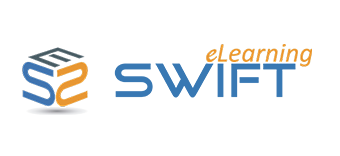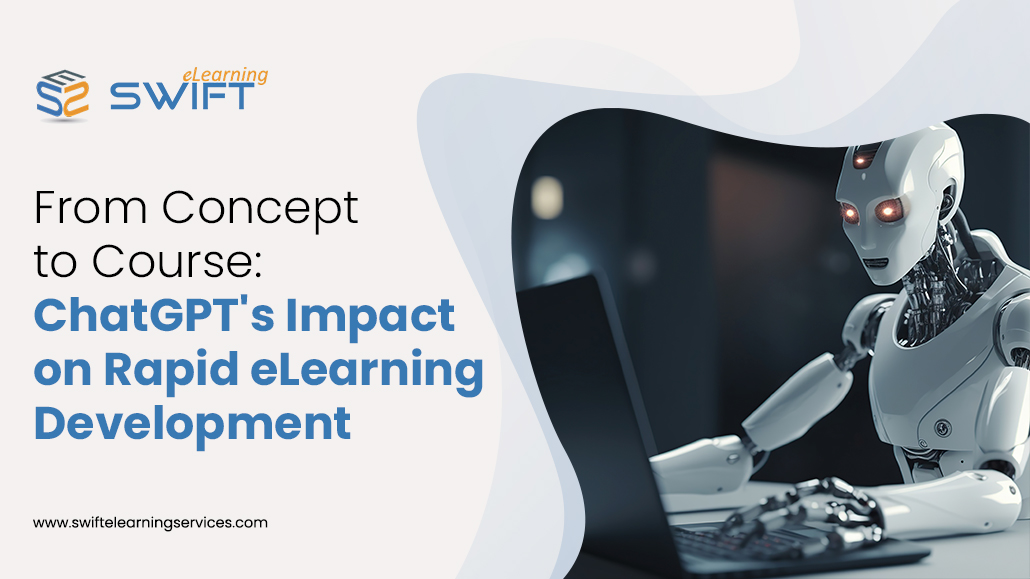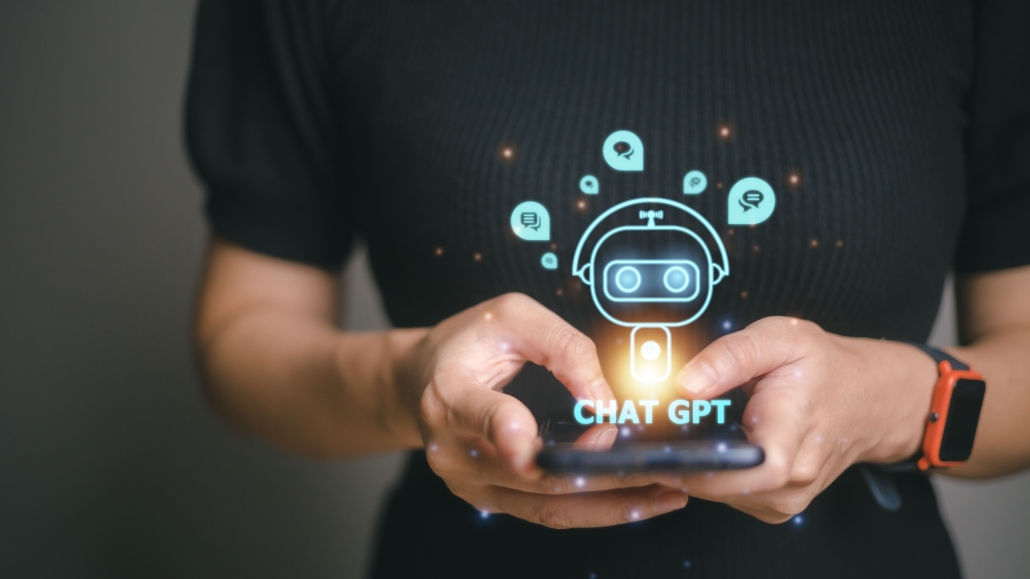From Concept to Course: ChatGPT’s Impact on Rapid eLearning Development
Discover how ChatGPT is revolutionizing rapid eLearning development. Explore the benefits, applications, and potential challenges of using ChatGPT in the creation of online courses. Dive into the world of artificial intelligence and its impact on the education sector.
The rise of artificial intelligence has brought significant advancements in various industries, and the field of education is no exception. With the advent of cutting-edge language models like ChatGPT, rapid eLearning development has become a reality. This article explores the impact of ChatGPT on the process of transforming educational concepts into fully-fledged online courses. From concept to course, ChatGPT offers a range of benefits and possibilities, but it also presents challenges that need to be carefully considered. Let’s delve into the world of rapid eLearning development and understand how ChatGPT is shaping its future.
1. What is Rapid eLearning Development?
Rapid eLearning development refers to the process of quickly creating online courses and educational materials using various digital tools and technologies. It involves transforming concepts, ideas, and knowledge into engaging and interactive digital learning experiences. Rapid eLearning development enables organizations and educators to deliver content efficiently, keeping up with the dynamic needs of learners in today’s fast-paced world.
2. Benefits of Rapid eLearning Development
Rapid eLearning development has revolutionized the way online courses are created and delivered. With the advancements in technology and the availability of powerful tools like ChatGPT, the benefits of rapid eLearning development are numerous. Let’s explore some of the key advantages:
2.1 Time Efficiency
Traditional methods of course development often involved lengthy processes, requiring months or even years to create and launch a course. Rapid eLearning development drastically reduces this time frame.
With the help of ChatGPT, educators and instructional designers can generate course content, including lesson plans, quizzes, and interactive materials, in a fraction of the time. This allows for quicker dissemination of knowledge and keeps the learning material up to date with the rapidly changing educational landscape.
2.2 Cost Effectiveness
In addition to saving time, rapid eLearning development is also cost-effective. Traditional course development often required hiring subject matter experts, instructional designers, and multimedia specialists, resulting in significant financial investments.
With ChatGPT, course designers can create high-quality content without the need for extensive external resources. This reduces costs associated with course development, making eLearning more accessible and affordable for educational institutions and learners alike.
2.3 Flexibility and Adaptability
Rapid eLearning development allows for greater flexibility and adaptability in course design. With ChatGPT, educators can quickly modify and update course content to reflect the latest information, industry trends, or learner needs. This agility ensures that courses remain relevant and engaging, keeping learners motivated and informed.
Additionally, the flexibility of rapid eLearning development enables educators to customize courses for specific audiences, addressing their unique learning preferences and requirements.
2.4 Interactivity and Engagement
Engagement is a crucial factor in effective learning. Rapid eLearning development, with the support of ChatGPT, enables the creation of interactive and engaging learning experiences.
Educators can leverage ChatGPT to develop interactive simulations, quizzes, and virtual conversations that provide immediate feedback and promote active participation. These interactive elements enhance learner engagement, motivation, and knowledge retention.
2.5 Personalization and Learner-Centric Approach
Every learner is unique, with different learning styles, preferences, and knowledge levels. Rapid eLearning development allows for greater personalization in course design. By integrating ChatGPT, educators can provide tailored learning experiences that cater to individual learners.
ChatGPT can offer personalized feedback, recommendations, and additional resources based on learners’ specific needs and progress. This learner-centric approach fosters a more effective and fulfilling learning journey.
2.6 Scalability and Reach
Rapid eLearning development, supported by ChatGPT, offers scalability and broad reach. Online courses can be easily replicated and delivered to a large number of learners simultaneously. This scalability eliminates the limitations of physical classroom settings and allows educational institutions to reach learners globally.
Learners from diverse backgrounds and locations can access the same high-quality educational content, fostering inclusivity and expanding educational opportunities.
2.7 Analytics and Data-driven Insights
Rapid eLearning development platforms often provide built-in analytics and reporting tools. These tools enable educators to track learners’ progress, engagement, and performance. By analyzing this data, educators can gain valuable insights into learners’ strengths, weaknesses, and preferences. This data-driven approach allows for continuous improvement and refinement of course content and delivery methods, ultimately enhancing the overall learning experience.
2.8 Continuous Learning and Skill Development
The fast-paced nature of rapid eLearning development enables learners to engage in continuous learning and skill development.
With ChatGPT, educators can create bite-sized learning modules or micro-courses that learners can access and complete at their own pace. This flexibility promotes lifelong learning, empowers learners to acquire new skills or update existing ones, and fosters a culture of self-improvement and professional growth.
Rapid eLearning development, powered by tools like ChatGPT, has transformed the education landscape, offering a range of benefits for educators, institutions, and learners alike. From time and cost efficiency to interactivity and personalization, the advantages of rapid eLearning development are evident. By embracing this innovative approach, educational stakeholders can harness the full potential of technology to create engaging, accessible, and impactful learning experiences.
3. The Evolution of ChatGPT
ChatGPT is an advanced language model developed by OpenAI, designed to generate human-like text based on prompts provided by users. It builds upon the foundation of previous models like GPT-3, leveraging deep learning techniques to produce coherent and contextually relevant responses. Through continual training and fine-tuning, ChatGPT has evolved to understand and generate more accurate and nuanced text, making it an invaluable tool for rapid eLearning development.
4. From Concept to Course: ChatGPT’s Impact on Rapid eLearning Development
Rapid eLearning development has gained immense popularity in recent years, driven by the need for flexible and accessible education. Traditional methods of course development often involved lengthy processes, requiring significant time and resources. However, with the introduction of ChatGPT, the landscape of eLearning has undergone a transformative shift.
4.1 Transforming Ideas into Reality
The journey from concept to course can be a daunting task for educators and instructional designers. It involves translating abstract ideas and educational concepts into structured and engaging learning experiences. This is where ChatGPT comes into play. By providing prompts or questions, educators can leverage ChatGPT’s language generation capabilities to receive instant responses and suggestions, helping them shape their courses effectively.
4.2 Streamlining Content Creation
Content creation is a fundamental aspect of rapid eLearning development. With ChatGPT, the process becomes more streamlined and efficient. Educators can rely on ChatGPT to generate content for lesson plans, quizzes, case studies, and simulations. Its ability to produce human-like responses enables the integration of interactive conversations within the course modules, fostering a more engaging and immersive learning environment.
4.3 Personalization and Adaptive Learning
One of the key advantages of using ChatGPT in rapid eLearning development is the potential for personalized and adaptive learning experiences. By tailoring responses to individual learners, ChatGPT can provide customized feedback, recommendations, and learning paths. This personalization enhances learner engagement and improves overall learning outcomes.
4.4 Gamification and Interactive Experiences
Gamification has proven to be an effective strategy for enhancing learner motivation and engagement. ChatGPT can take gamified learning experiences to the next level by introducing virtual characters powered by the language model. Learners can interact with these characters, receive feedback, and engage in realistic conversations, creating a more interactive and enjoyable learning journey.
4.5 Overcoming Language Barriers
Language barriers often pose challenges in the global education landscape. However, ChatGPT’s language generation capabilities can help overcome these obstacles. By leveraging its translation and multilingual capabilities, educators can develop courses that cater to diverse language preferences, reaching a broader audience and fostering inclusivity.
4.6 Accessibility and Inclusivity Considerations
Inclusivity and accessibility are crucial factors in online education. ChatGPT can assist in making courses accessible to individuals with diverse needs. By generating alternative formats such as audio descriptions or transcripts, ChatGPT ensures that learners with visual impairments or hearing difficulties can fully participate in the learning experience.
4.7 Empowering Educators and Enhancing Collaboration
ChatGPT serves as a valuable tool for educators, empowering them to create high-quality courses more efficiently. It complements human expertise, allowing educators to focus on higher-order tasks such as instructional design and curriculum planning. Moreover, ChatGPT enables collaboration among educators, providing a platform for sharing ideas, seeking feedback, and co-developing courses.
4.8 Challenges and Considerations
While ChatGPT offers exciting possibilities for rapid eLearning development, it also presents challenges that need to be addressed. One of the primary concerns is ensuring the accuracy and reliability of the content generated by ChatGPT. Educators must exercise caution and carefully review the output to ensure it aligns with learning objectives and provides accurate information.
4.9 The Role of Human Expertise
It is crucial to recognize that ChatGPT should not replace human educators. Human expertise plays a vital role in the course development process, ensuring instructional quality, context relevance, and fostering human connection. The collaboration between human educators and ChatGPT leads to a more comprehensive and effective eLearning experience.
5. Conclusion – From Concept to Course: ChatGPT’s Impact on Rapid eLearning Development
From concept to course, ChatGPT’s impact on rapid eLearning development is undeniable. It revolutionizes the way educators and course designers create online courses, streamlining content creation, enhancing learner engagement, and fostering personalization. However, it is crucial to recognize the role of human expertise in the process.
By leveraging ChatGPT’s capabilities while harnessing the unique insights and skills of human educators, the future of rapid eLearning development holds immense potential. As artificial intelligence continues to evolve, educators must embrace these advancements and explore innovative ways to leverage them effectively, ensuring accessible, inclusive, and impactful online education.
6. FAQ’s About From Concept to Course: ChatGPT’s Impact on Rapid eLearning Development
How does ChatGPT assist in rapid eLearning development?
ChatGPT assists in rapid eLearning development by providing course designers with instant responses, suggestions, and ideas. It helps streamline the content creation process and enables the generation of engaging and interactive course materials.
Can ChatGPT replace human educators in online courses?
No, ChatGPT cannot replace human educators. While it is a valuable tool, human expertise is crucial in designing and delivering high-quality online courses. ChatGPT complements human educators by providing support and assistance throughout the course development process.
Is the content generated by ChatGPT reliable and accurate?
The content generated by ChatGPT should be carefully reviewed and validated by course designers. While ChatGPT strives to provide accurate information, it can occasionally generate inaccurate or misleading responses. Human oversight is essential to ensure content quality and alignment with learning objectives.
How can ChatGPT enhance learner engagement?
ChatGPT enhances learner engagement by facilitating interactive conversations within the course modules. Learners can ask questions, receive feedback, and explore additional resources, creating a more immersive and interactive learning experience.
What are the potential limitations of using ChatGPT in rapid eLearning development?
Some potential limitations include the need for content validation, the possibility of generating biased or inappropriate responses, and the reliance on stable internet connectivity. Course designers must be mindful of these limitations and use ChatGPT thoughtfully in the development process.
Can ChatGPT be used in any subject area for rapid eLearning development?
Yes, ChatGPT can be used in a wide range of subject areas for rapid eLearning development. Its versatility and natural language processing capabilities make it adaptable to various educational domains, including languages, sciences, humanities, and business studies.








